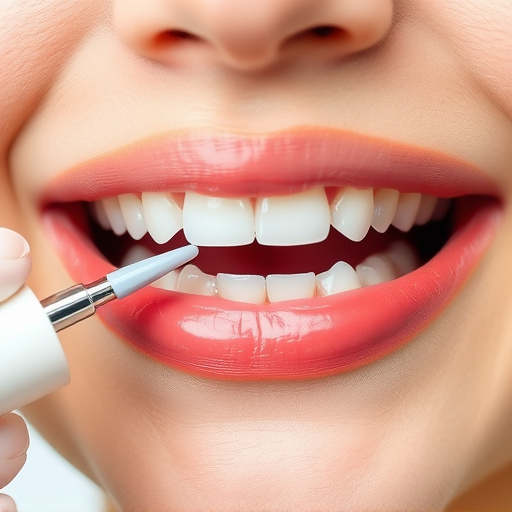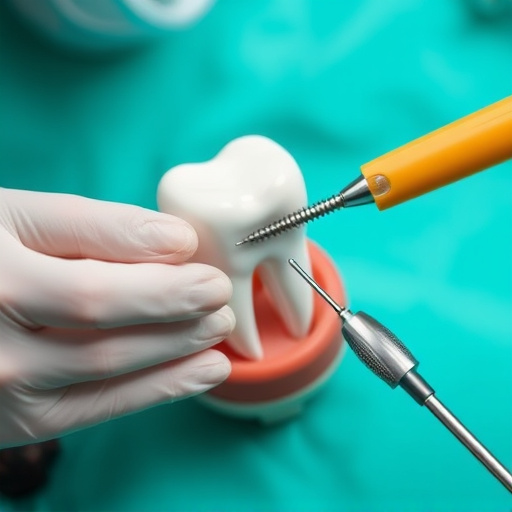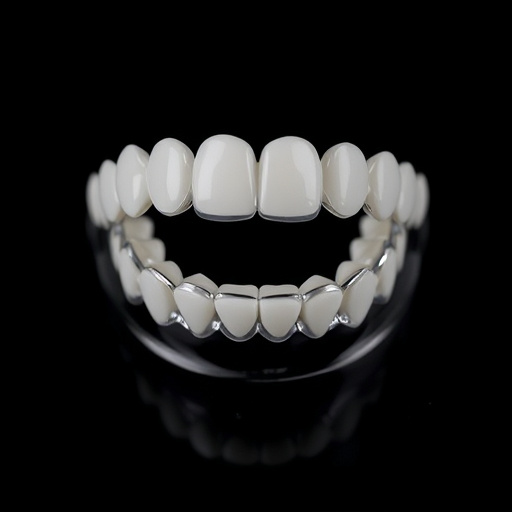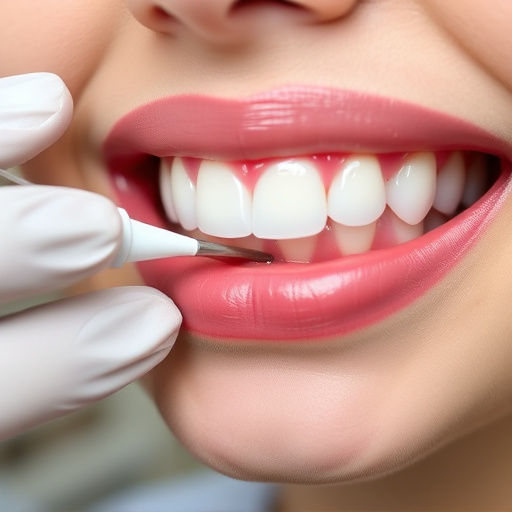Post-treatment recovery and open communication with dentists are vital for managing dental anxiety. Techniques like breathing exercises, visualization, and rituals help navigate fears. Maintaining rigorous oral hygiene routines and regular check-ups promote long-term dental health, fostering a positive relationship with dental care.
Overcoming dental anxiety is a significant step towards achieving optimal oral health. After undergoing dental treatment, managing your anxiety progress is crucial for maintaining long-term well-being. This article offers valuable insights into post-treatment tips designed to help you navigate your recovery journey. We’ll explore techniques to calm and manage your anxiety effectively, as well as foster healthy habits that support dental anxiety treatment and overall oral care.
- Understanding Your Post-Treatment Recovery
- Techniques to Calm and Manage Anxiety
- Building Long-Term Dental Well-being Habits
Understanding Your Post-Treatment Recovery
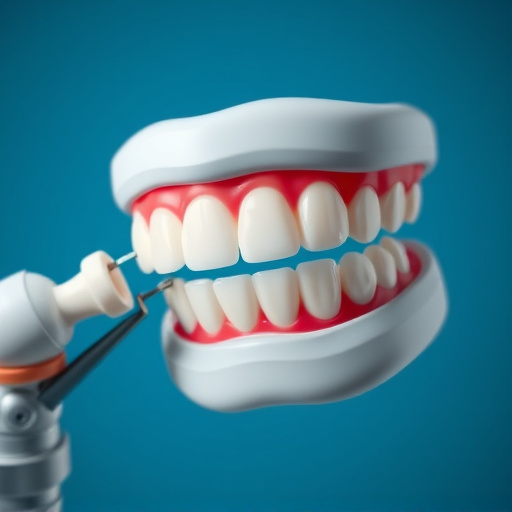
After completing your dental treatment, whether it involved a routine check-up, a filling, or more complex procedures, understanding the post-treatment recovery process is vital for managing dental anxiety. Many individuals experience some level of discomfort or sensitivity following dental procedures, but this is usually temporary. Your dentist will provide specific instructions tailored to your care, including any necessary restrictions on eating and drinking, as well as recommended oral hygiene practices. Adhering to these guidelines can significantly ease post-treatment symptoms and help you feel more comfortable during the recovery period.
Recognizing that dental anxiety is a common experience shared by many, understanding what to expect after treatment allows for proactive management of your fears. If previous dental experiences have contributed to your anxiety, knowing the steps towards recovery can empower you to face each appointment with greater confidence. Remember, open communication with your dentist about any concerns or discomfort will ensure a supportive and comforting journey through post-treatment care, whether it’s scheduling regular dental cleanings, addressing emergency dental care needs, or maintaining long-term oral health.
Techniques to Calm and Manage Anxiety
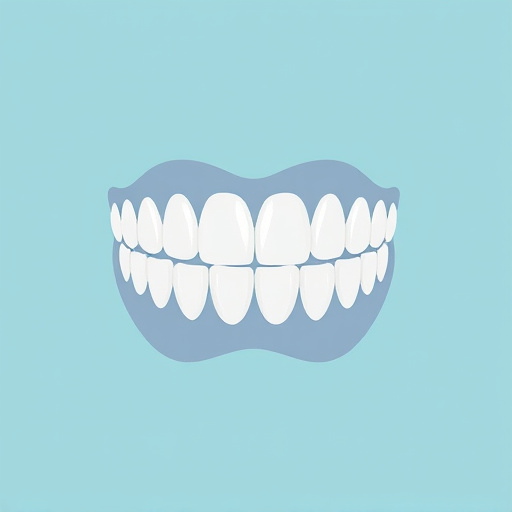
Managing dental anxiety is a crucial step in ensuring positive post-treatment experiences and fostering a comfortable relationship with your dentist. There are several calming techniques individuals can employ to navigate their fears effectively. Deep breathing exercises, for instance, can help reduce tension and promote relaxation during and after a dental procedure. Visualisation, where one imagines a peaceful scene, is another powerful tool to distract from anxious thoughts. Progressive muscle relaxation, tensing and releasing different muscle groups, can also alleviate physical symptoms of anxiety like increased heart rate and clenched jaw.
Additionally, engaging in activities that foster a sense of control and mastery over one’s fear can be beneficial. This might include researching the dental procedure beforehand or even practicing teeth cleaning rituals at home to desensitise oneself. Some individuals find comfort in discussing their concerns with a trusted dentist, who can offer reassurance and personalised strategies tailored to their needs. Techniques like dental bonding, as part of a comprehensive family dentistry approach, can also address aesthetic anxieties by enhancing smiles discreetly, thereby boosting confidence.
Building Long-Term Dental Well-being Habits

Overcoming dental anxiety is a journey, and establishing long-term habits is key to maintaining good dental health. After completing dental anxiety treatment, continue to prioritize your oral care routine at home. Regular practices such as twice-daily brushing and flossing, along with consistent teeth cleaning appointments, are fundamental to preventing future issues. Integrate these simple yet effective steps into your daily life to foster a positive relationship with dental care.
In addition, scheduling routine oral exams with your general dentistry team is vital for proactive dental health management. Regular check-ups allow dentists to catch potential problems early on, ensuring minimal discomfort and treatment. By combining at-home care with professional visits, you can effectively manage dental anxiety and promote long-lasting oral well-being.
Managing dental anxiety is a journey, and post-treatment care plays a pivotal role in long-term oral health and wellness. By understanding your recovery, employing calming techniques, and adopting healthy habits, you can take control of your dental experiences. Remember, effective dental anxiety treatment involves ongoing self-care and communication with your dental team. Incorporate these strategies into your routine to ensure a more comfortable and anxiety-free future.








